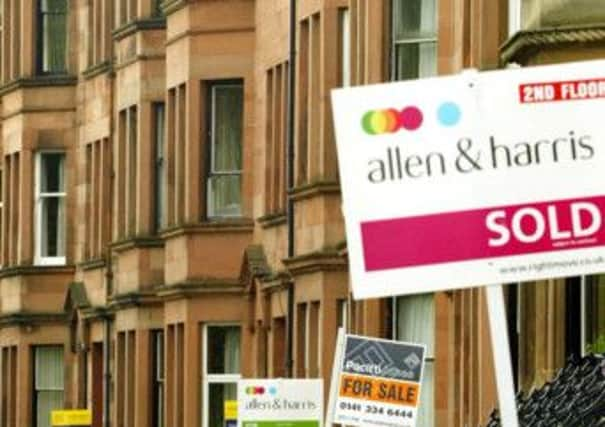Scottish independence: what would happen to house prices?


The Yes side is adamant that becoming an independent country will have “no impact” on house prices.
Independence supporters also argue that more powers for Scotland mean that Scottish Governments could for example choose to do more to support the housing market, assist people onto the housing ladder and work with house builders and banks to ensure people get the best deal.
Advertisement
Hide AdAdvertisement
Hide AdAccording to the Scottish Government, all forms of mortgages will continue to be available and, with responsibility for financial services, a future Scottish government could work with banks to ensure mortgage lending is in the best interests of the Scottish economy.
Those against independence, however, claim that recent surveys have shown that uncertainty caused by the referendum have led to a fall in sales of larger properties.
On house prices they raise concerns about interest rates under independence – important given that low rates can drive house price upwards.
The No side has raised fears that having interest rates set by a bank outside Scotland (the Bank of England or the European Central Bank) then a foreign bank would have influence over mortgage costs in Scotland without any Scottish influence.
They also argue that the establishment of a separate Scottish currency, as advocated by some independence supporters like the Yes chairman Denis Canavan, then interest rates were likely to be higher.
On mortgages, they point to a recent paper published by the Treasury, which suggested that independence could result in the cost of mortgage funding increasing. The No side argues that the direct knock-on effect of this would be that mortgage costs for consumers would increase.
SEE ALSO: